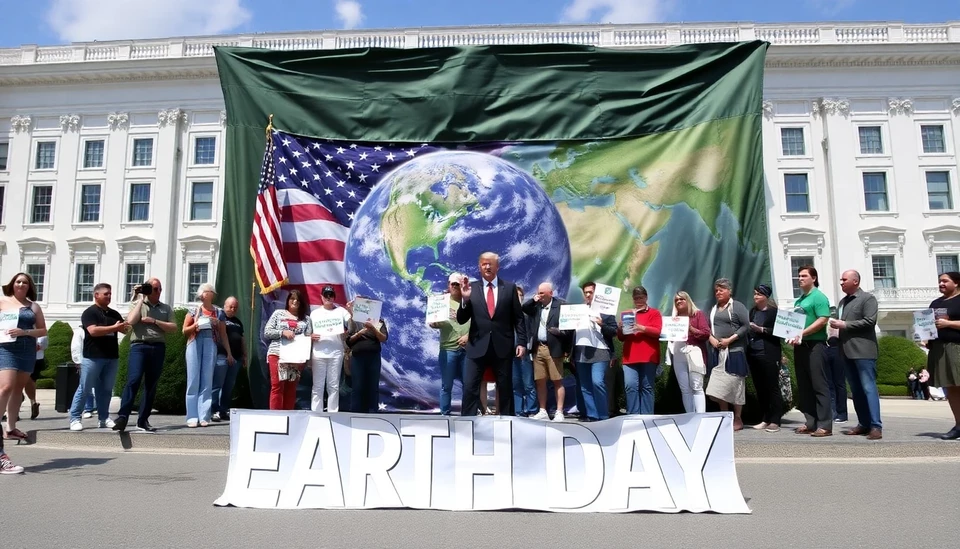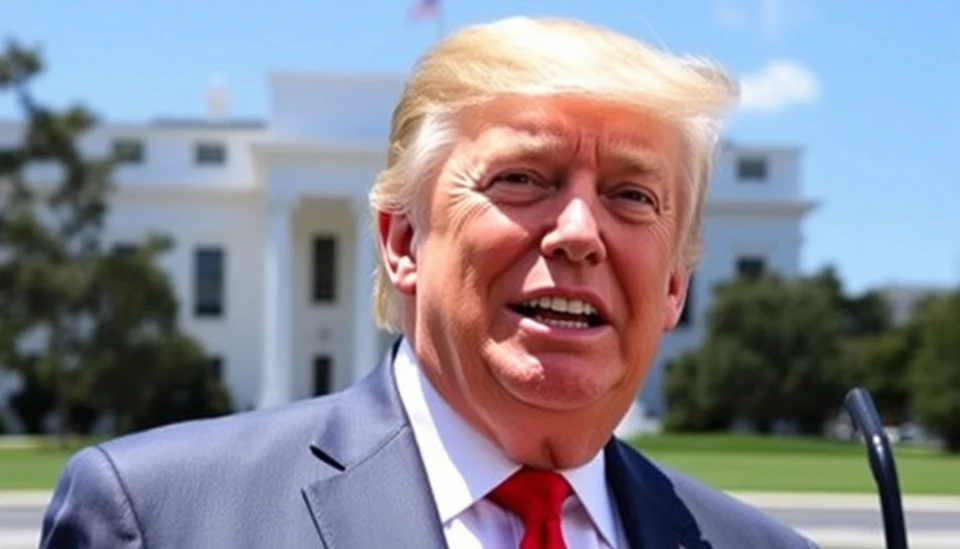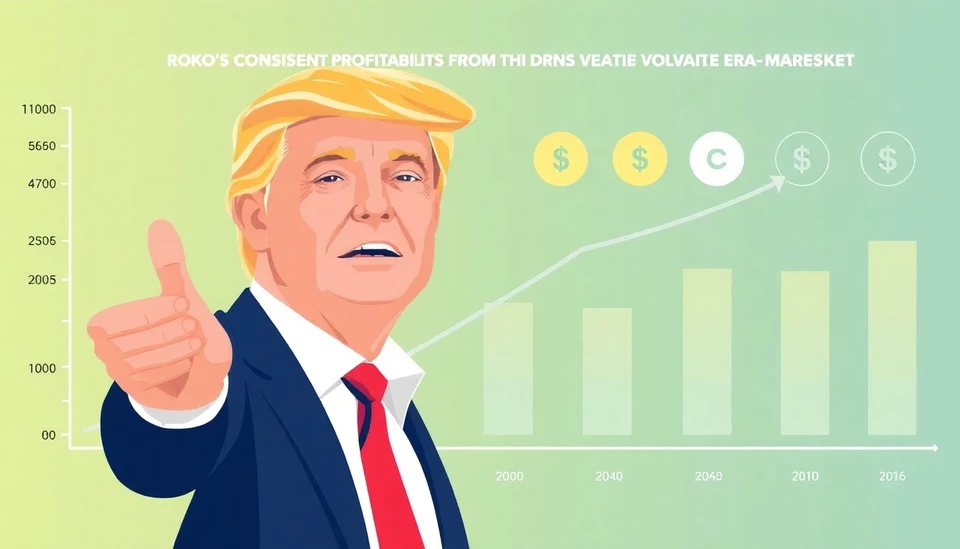
In an unexpected turn of events, former President Donald Trump has publicly criticized the ongoing shift towards electric school buses, igniting a contentious debate that highlights broader tensions in U.S. energy policy. His remarks, delivered during a recent rally in Texas, suggest a stark opposition to President Biden’s green initiatives, particularly the ambitious plans for reducing carbon emissions through electrification of school transportation.
Trump's rally speech resonated with many of his supporters, who share concerns about the costs associated with switching from traditional diesel-powered buses to electric models. During his address, he described electric school buses as a "misguided investment," emphasizing potential ramifications on local education budgets and claiming it could lead to higher taxes for constituents. He made a case for maintaining existing diesel systems that he claimed are more reliable and cost-effective in the short term.
The debate isn't just about the vehicles themselves; it encapsulates a broader discussion about the future of energy in America. Proponents of electric buses argue that transitioning to electric vehicles is essential for combating climate change, improving air quality, and providing better educational environments for students. In contrast, critics, including Trump, argue that the push for electrification could place additional financial burdens on tight school budgets, which have already been strained by the pandemic.
Trump’s comments have prompted an array of responses from both sides of the aisle. Supporters of electric buses argue that the long-term benefits far outweigh the initial costs, pointing to federal incentives aimed at easing the transition for school districts. The Biden administration has allocated substantial funding for green initiatives, including a $5 billion program specifically designed to aid school districts in acquiring electric buses and necessary charging infrastructure. Advocates assert that these measures not only foster environmental responsibility but also create jobs in manufacturing and installation.
Additionally, environmental experts have highlighted the health risks associated with diesel bus emissions, particularly in urban areas where many students are exposed to harmful pollutants. Studies have shown that electric buses can significantly reduce this exposure, potentially resulting in long-term public health benefits. However, skeptics of the program highlight concerns over battery disposal and the environmental impact of lithium mining used in electric vehicle batteries.
As the 2024 presidential election approaches, the clash over electric school buses is likely to become a key talking point. With both sides rallying their bases, the dialogue will not only affect transportation policies but also influence broader discussions on energy independence, climate action, and economic strategy. Trump’s position appears to reflect a growing sentiment among those who view traditional energy sources as vital to American economic stability, even as the national conversation increasingly shifts towards sustainability.
In conclusion, the debate around electric school buses continues to grow, emphasizing the complex intersection of environmental policy, education funding, and political ideology in America. As 'green' technologies face rigorous scrutiny from influential political figures, it remains to be seen how this discourse will evolve in the lead-up to the next election.
#Trump #ElectricSchoolBus #ClimateChange #EnergyPolicy #BidenAdministration #GreenInitiatives #EducationFunding
Author: Megan Clarke




